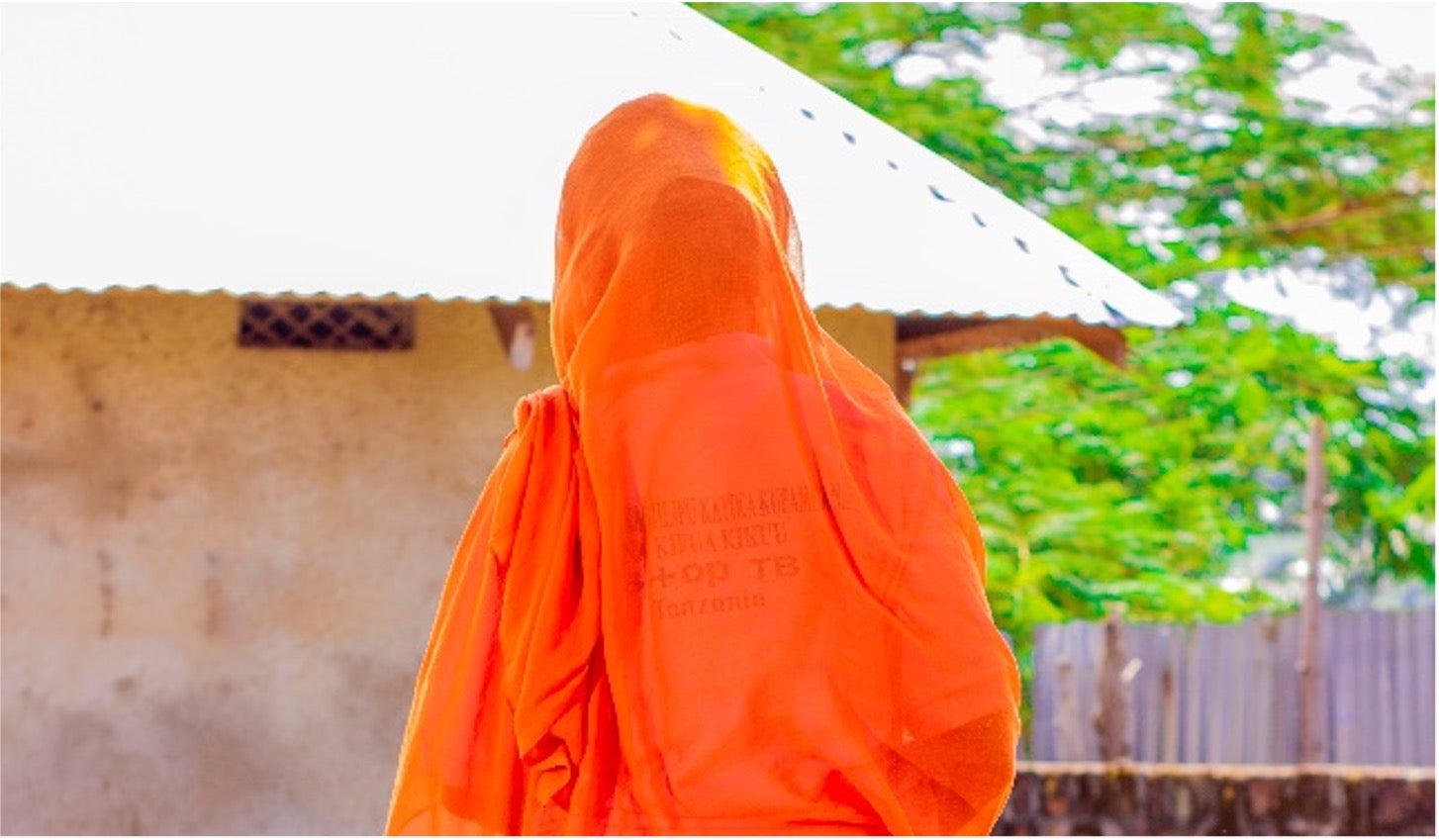In the words of Amisa*: My dream is to reach every woman in my region living with HIV, and empower them with knowledge that could potentially save lives.
Date:

Amisa is a 68-year woman living with HIV. Through her unwavering resilience and unyielding determination, she has emerged as an advocate for HIV awareness and prevention in the Kagera region of northern Tanzania, where she lives. As a member of the Association of Women Living with HIV/AIDS, she has played a pivotal role in promoting education and raising awareness and support for those affected by the harmful impact of stigma and discrimination.
Before my HIV diagnosis, I lived a normal life. Now, 23 years after, I can still remember the feeling I had the day I received the news. Growing up in a small village, my life took me through various challenges. I married young and was blessed with five children, four girls and one boy. Their father and I eventually separated, and with only a seventh-grade education, I fought hard and single-handedly educated all my children without any support.
My diagnosis was not easy to accept. However, with the support of a close friend, I found the strength to accept my reality and seek counselling.
I learned that self-acceptance was a huge step towards reclaiming my life, and decided to accept and embrace my new journey as a woman living with HIV.
Four years after I was diagnosed, I came across AMWAVU (Akina Mama Waishio na Virusi Vya Ukimwi), a group of women living with HIV, through an awareness-raising campaign at a government hospital. I joined them, and my life took on new meaning. We banded together to empower ourselves and others in our community through awareness-raising and transparency.
In Bukoba, women living with HIV endure several challenges, including stigma and discrimination within their families and society. This has resulted in broken marriages, being isolation from loved ones, and even forced removal from their homes. We were determined to change this.
Going door-to-door, our group raised HIV awareness and educated others with honesty and openness. It wasn't just about providing information; we created a safe space for those living with HIV to share their experiences and find comfort in knowing they were not alone. Each member of our network became a beacon of hope, inspiring others to find strength in their struggles and seek empowerment through knowledge.
Thanks to support from UN Women and the Network of Women Living with HIV/AIDS, we have undergone comprehensive training and capacity building on the critical issue of stigma. This has significantly amplified our outreach and advocacy efforts. Additionally, we have gained profound awareness of cervical cancer, a condition many women in our group were previously unaware of. The empowering education we received on combating stigma and fostering empowerment has ignited an unwavering determination to create a tangible and meaningful impact in the lives of those we have the privilege to touch.
As part of the group, I also take it upon myself to educate the community, especially women, about tuberculosis and cervical cancer, emphasizing the importance of early detection and treatment.
Over the years, we've seen the impact of our work. We witnessed a gradual shift in attitudes, and the fear of testing has lessened as more people found comfort in sharing their journeys with us. Our community is also increasingly embracing and supporting those living with the virus. I am happy to see women rise above their challenges, armed with knowledge and courage.
My work, however, is far from over. I am dedicated to continue raising awareness and reaching every corner of our region. My hope is that we will be able to get more support for programs like these. By informing one person after another, I believe that we can make a significant impact, and improve the lives of countless women in Bukoba and beyond.
Tanzania is one of the most highly impacted countries with HIV and AIDS. Three out of five of the approximately 1.7 million people living with HIV are women. Through education, advocacy, service provision and more, UN Women has been working with the Tanzania Commission for AIDS (TACAIDS) and partners to strengthen the capacity of networks of women living with HIV to implement programmes to reduce HIV stigma and discrimination. Supported by the UNAIDS Unified Budget, Results and Accountability Framework (UBRAF), the initiative further seeks to address the harmful gender norms and traditional practices that put women and girls, men, and boys at risk of HIV infection.